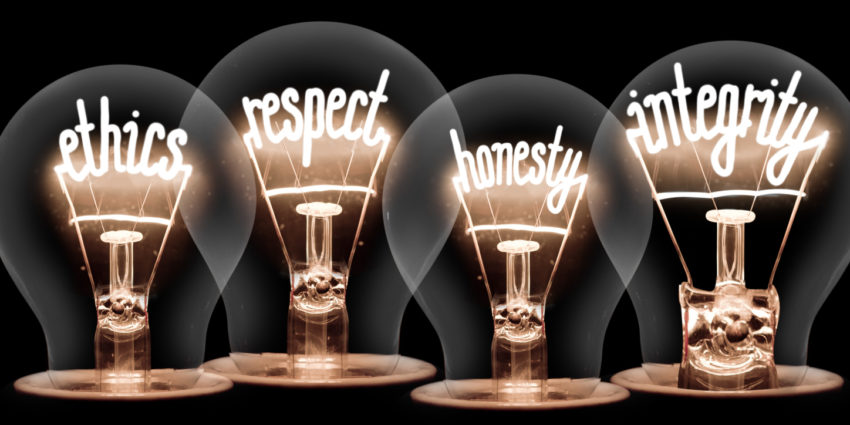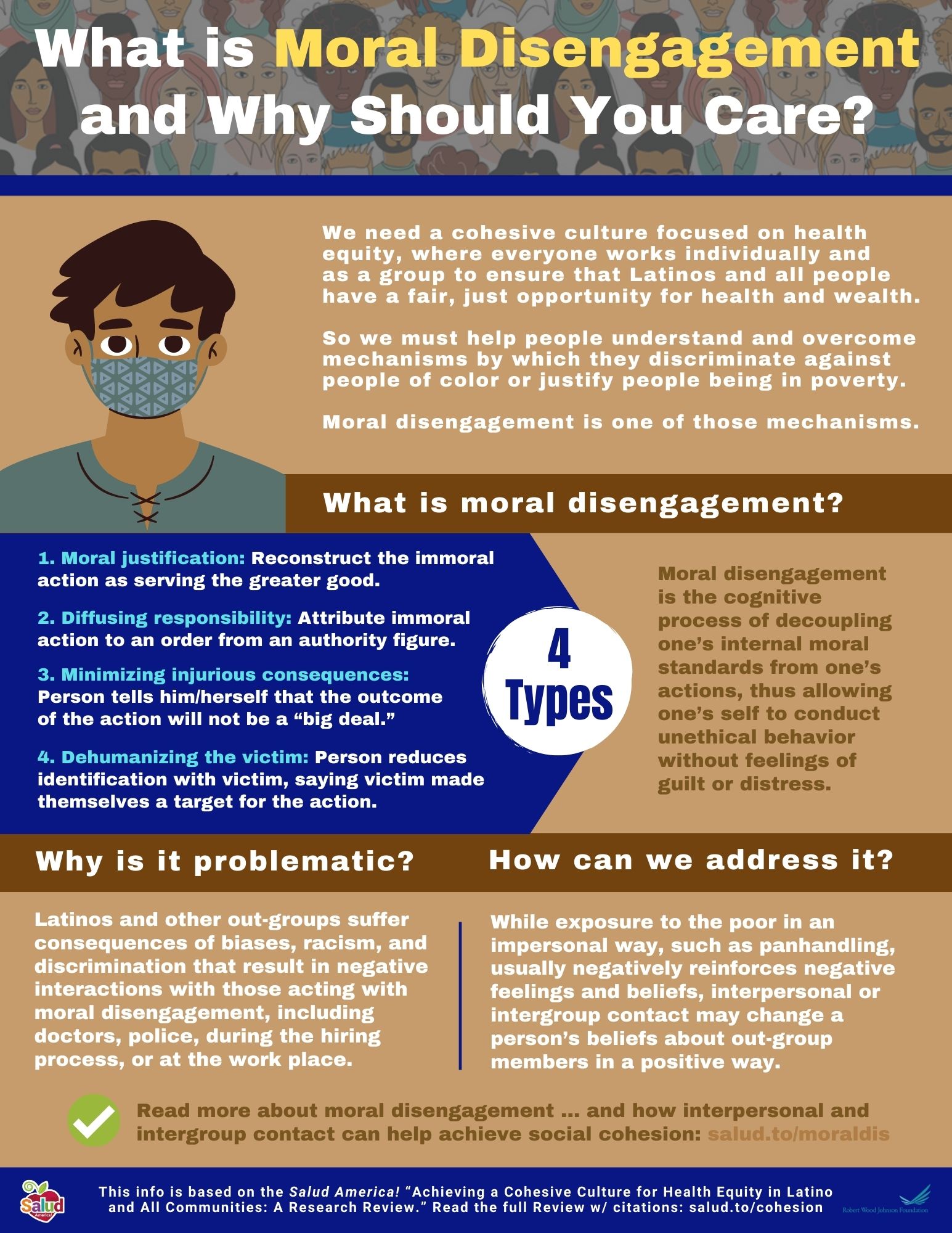
Share On Social!
As you may already know, moral disengagement is a way people rationalize bad decisions.
It is used to describe the process by which an individual convinces themselves that ethical standards do not apply to them in a particular situation or context. Moral disengagement consists of making justifications, diffusing responsibility, dehumanizes the victim, and minimizes consequences.
Yet, some outcomes have an impact on everyone.
Sense of Entitlement
A perception of entitlement can be a result of moral disengagement.
For example, consider the recent college admissions scandal.
More than 50 high-profile individuals face charges for conspiring to guarantee the admission of their children to universities that include Yale University, the University of Texas, Georgetown University, and others. These parents used bribery, falsified documents, cheating, and other schemes in their efforts.
Now, some of those accused are claiming they only acted out of love for their children and were later manipulated in their wrongdoing.
“Moral disengagement allows us to engage in unethical behavior while believing it is moral, and facility in using these mechanisms is associated with a host of unethical behaviors, from cheating on tests to outright criminality,” Celia Moore, an associate professor at Bocconi University in Milan, Italy, and a former visiting scholar at Harvard University, writes in the book “Cheating, Corruption, and Concealment.”
Furthermore, research shows that those who are privileged, wealthy are less likely to follow the rules if they believe they are unfair.
A 2017 study analyzed the way people react to unfair situations. Researches noted their tests conducted with affluent individuals resulted in different results than others.
“Entitled people, who believe they deserve more than others, are more likely to reject potentially unfair offers in an ultimatum game,” the report states. “They seemingly would rather take a loss themselves than agree to an offer that does not reflect their worth.”
Since they feel deserving of more than their fair share, they are willing to break standards of appropriate and socially agreed upon conduct.
“There is no way to justify this type of activity. It reflects a society where people no longer live by conventional standards of morality,” Steve Mintz, an ethicist and professor emeritus at California Polytechnic University, told Deseret News.
“I can’t imagine any of these parents stopped and thought, ‘Is what I’m doing harming others? Am I taking away a position from other kids who might be more worthy?’ This is what ethics is all about — considering how your actions might affect others before you do something, not after the fact, after you’re caught. To look at this one incident in isolation is wrong, in my point of view.”
Still, moral disengagement doesn’t just come from the wealthy and privileged.
Another example: white men and affirmative action.
White males are less likely to support affirmative action because it threatens their status, according to a 2008 study. These policies also allow that demographic to make justifications and push the blame away from themselves.
“We suggest that invoking the belief that affirmative action is a quota-based policy may allow White men to retrospectively blame past failures on discrimination and not on themselves,” the report states. “In addition, perceiving the self as a target of discrimination may also allow White men to retrospectively augment successes as having been achieved despite the discriminatory influence of quota-based policies.”
Fixing the Moral Compass
Mintz suggests America must admit that its ethical standards aren’t functioning correctly and that it must be fixed.
His recommendations include:
- Teaching ethics in public schools
- A weekly tv show that addresses ethical issues
- A radio show that addresses ethical issues
Changing the conversation could give those who are negatively impacted by systemic racism to speak up, share their experiences, and provide those who are privileged insights into the lives of those who are not.
Ultimately, hopefully leading to a reduction in wide-spread moral disengagement.
How Can We Address Moral Disengagement?
A widening socioeconomic gap, racism, and discrimination contribute to inequitable distribution of healthcare and mental and physical health disparities among Latinos and other people of color and those in poverty, especially amid COVID-19, according to a Salud America! research review.

But it doesn’t have to be this way.
A cohesive culture for health equity is one where everyone works individually and as a group to ensure that each person has a fair, just opportunity for health and wealth, as well as equitable access to basic resources required for these goals.
To achieve a more cohesive culture, we must help people understand and overcome the mechanisms─implicit bias, system justification, moral disengagement─they use to discriminate against people of color and/or justify poverty.
“Intergroup contact, peer modeling, awareness-provoking interventions, and use of targeted social media can improve social cohesion and compassion toward minority and impoverished out-groups,” according to the research review. “These actions also can counteract stereotypes, and reduce health disparities and inequities.”
Explore More:
Overcoming Harmful BiasesBy The Numbers
3
Big Excuses
people use to justify discriminatory behavior



